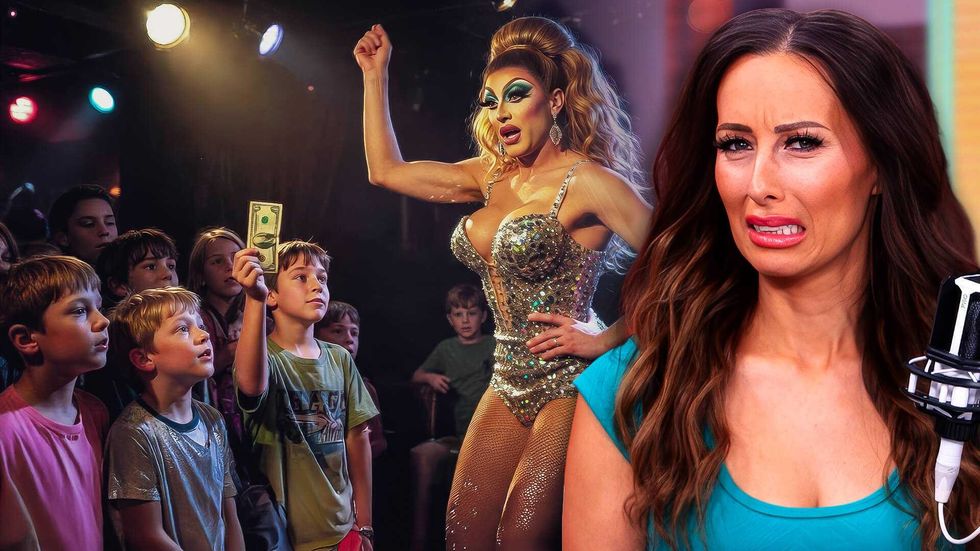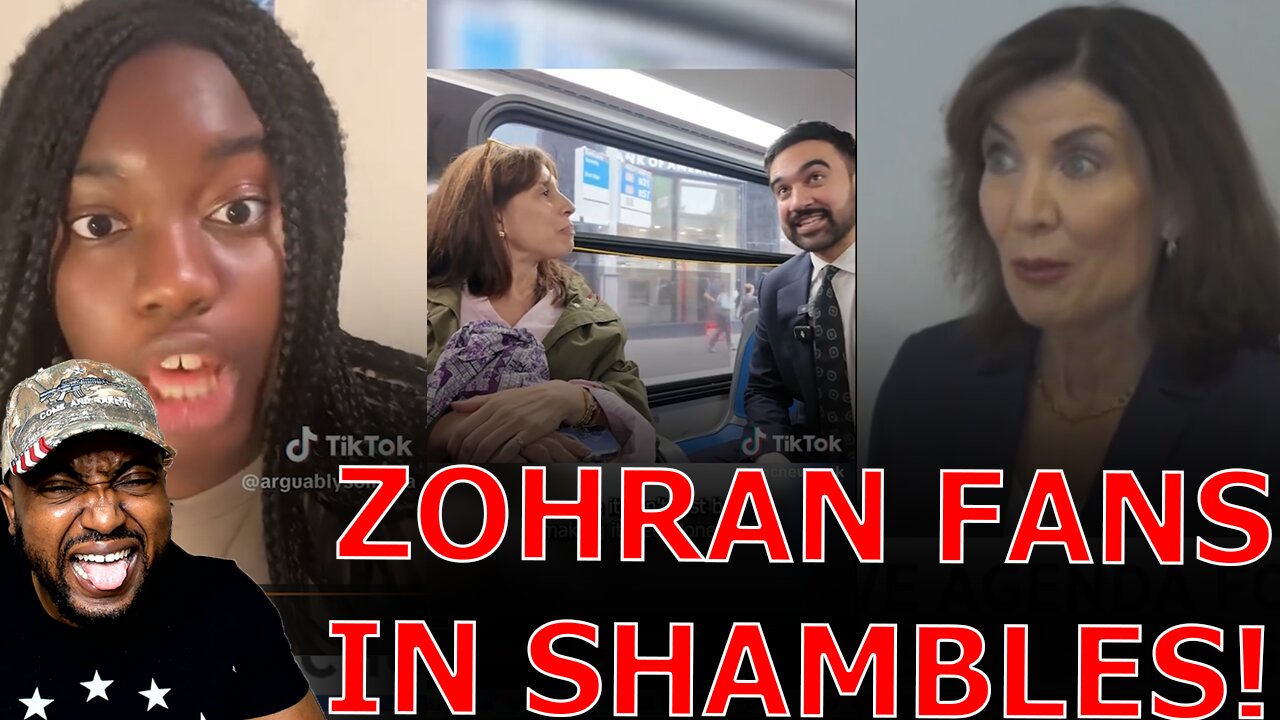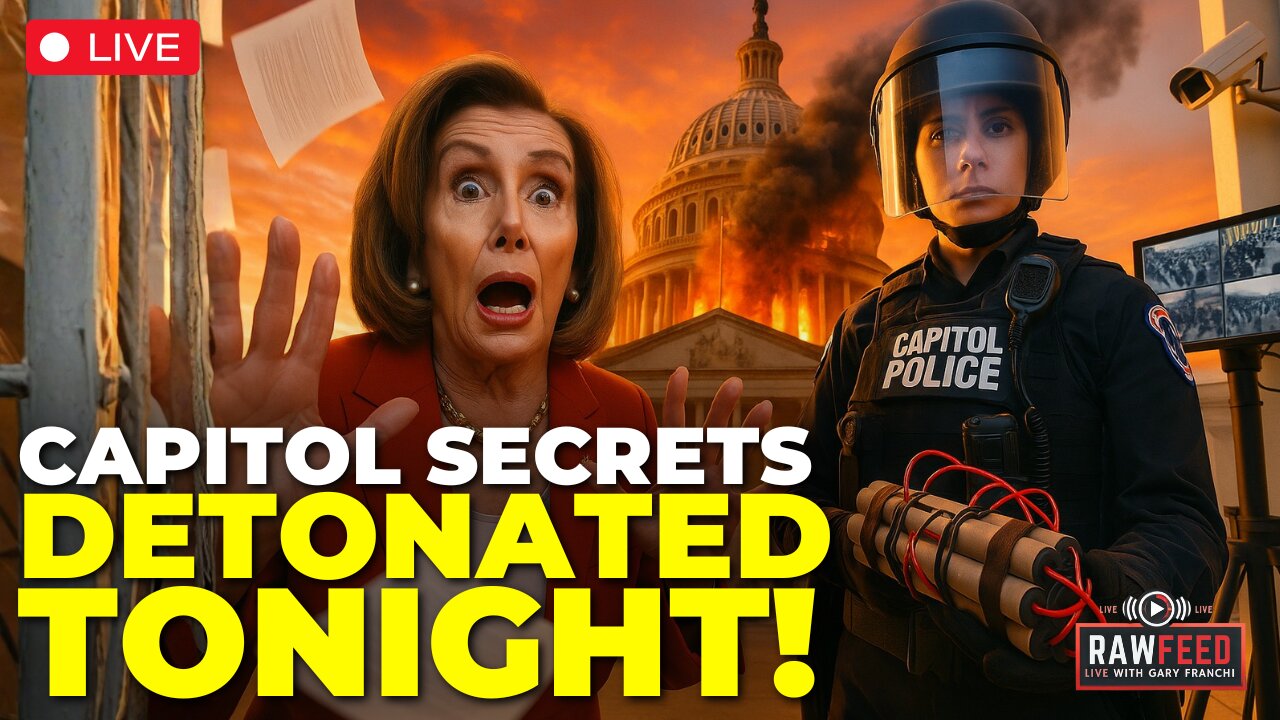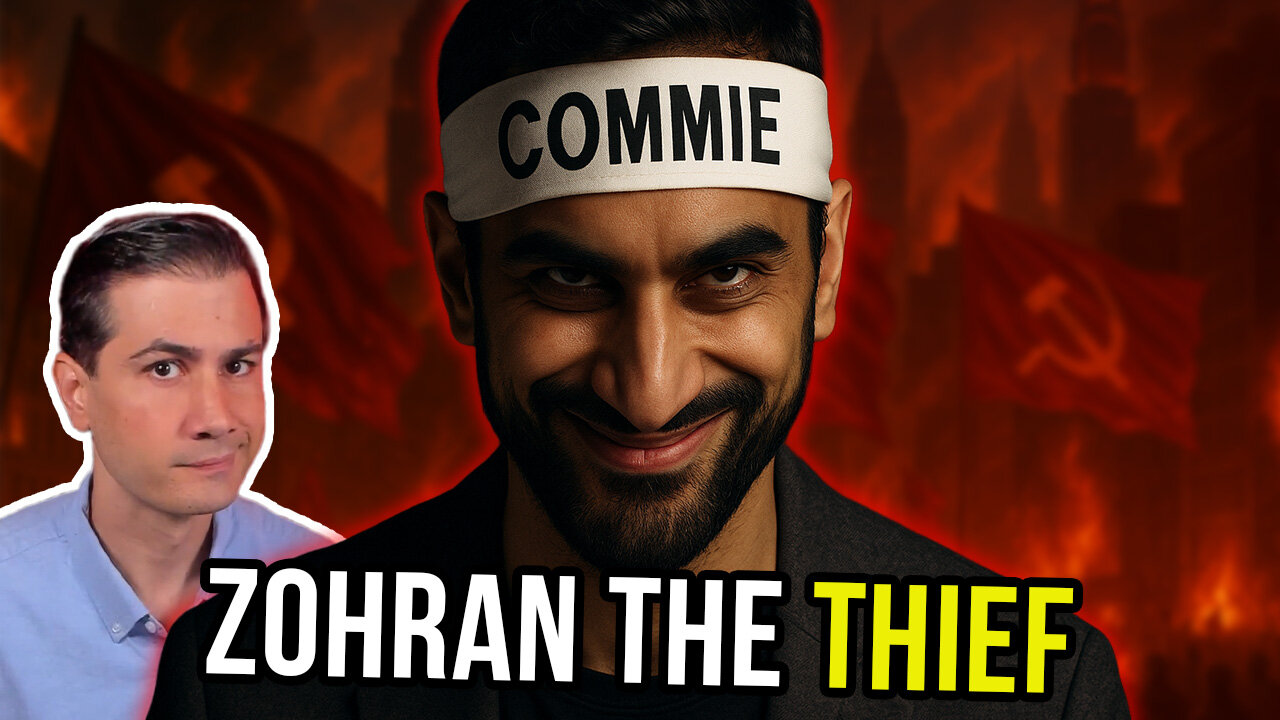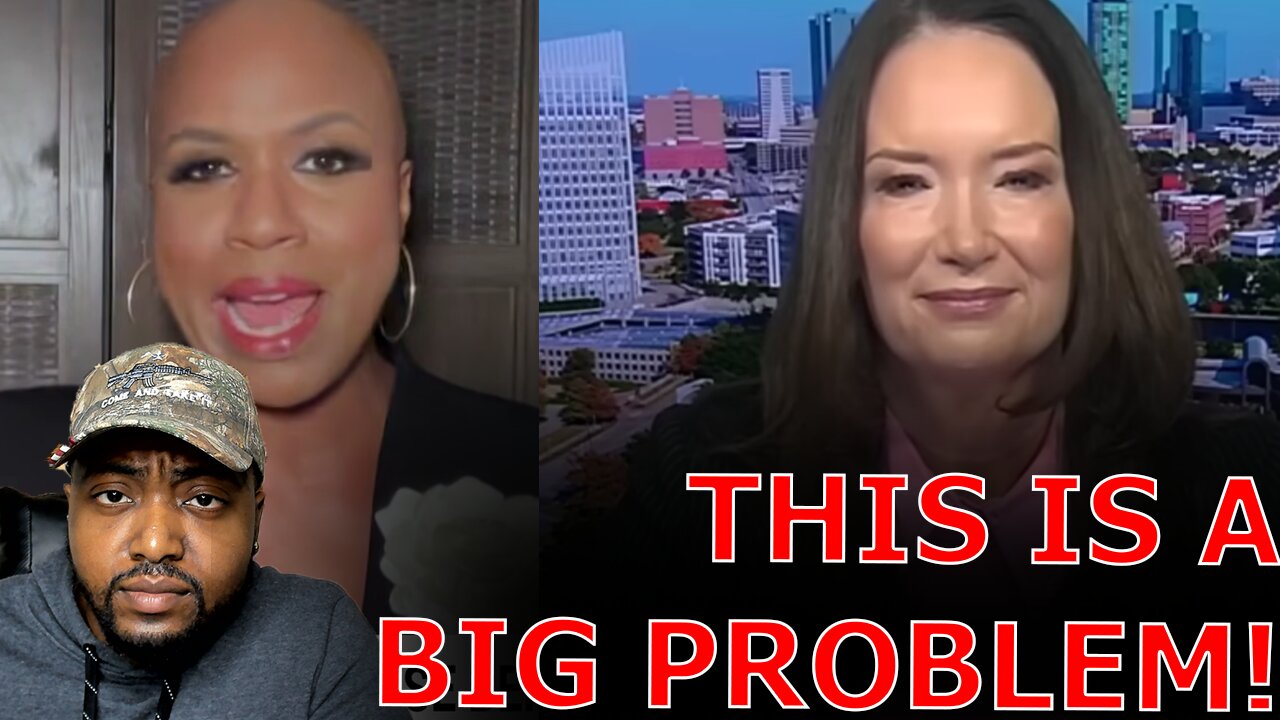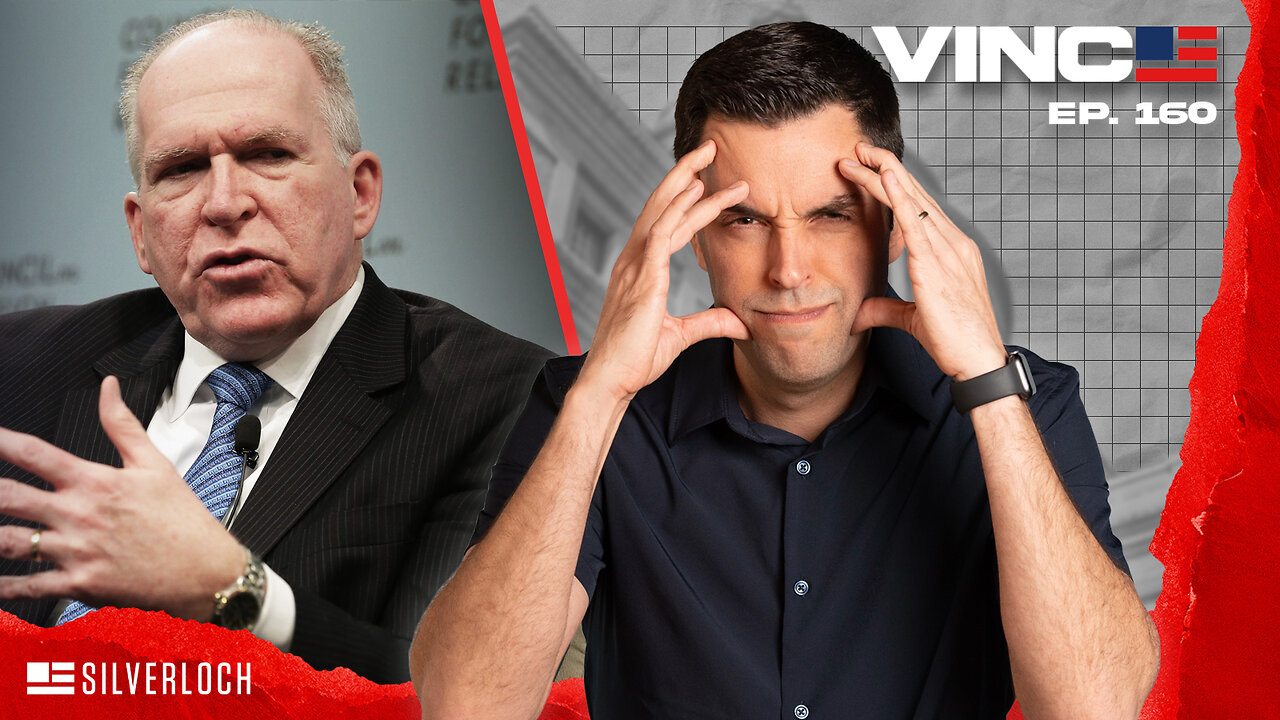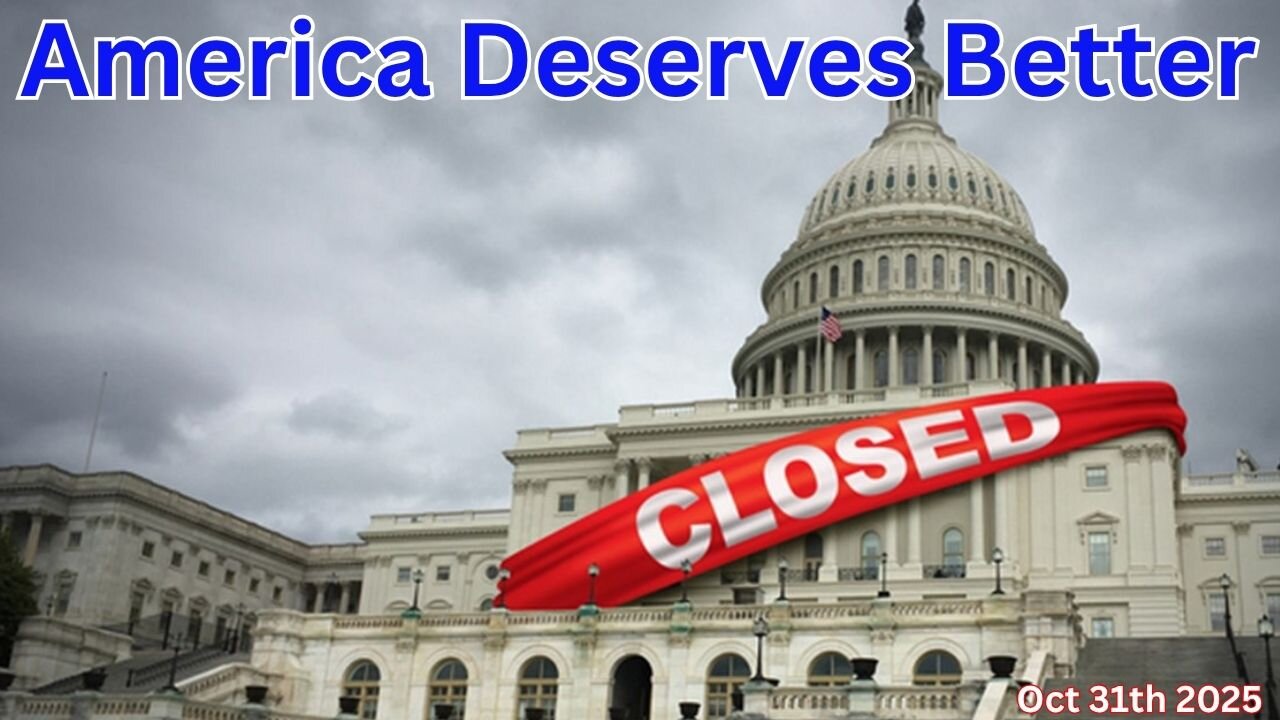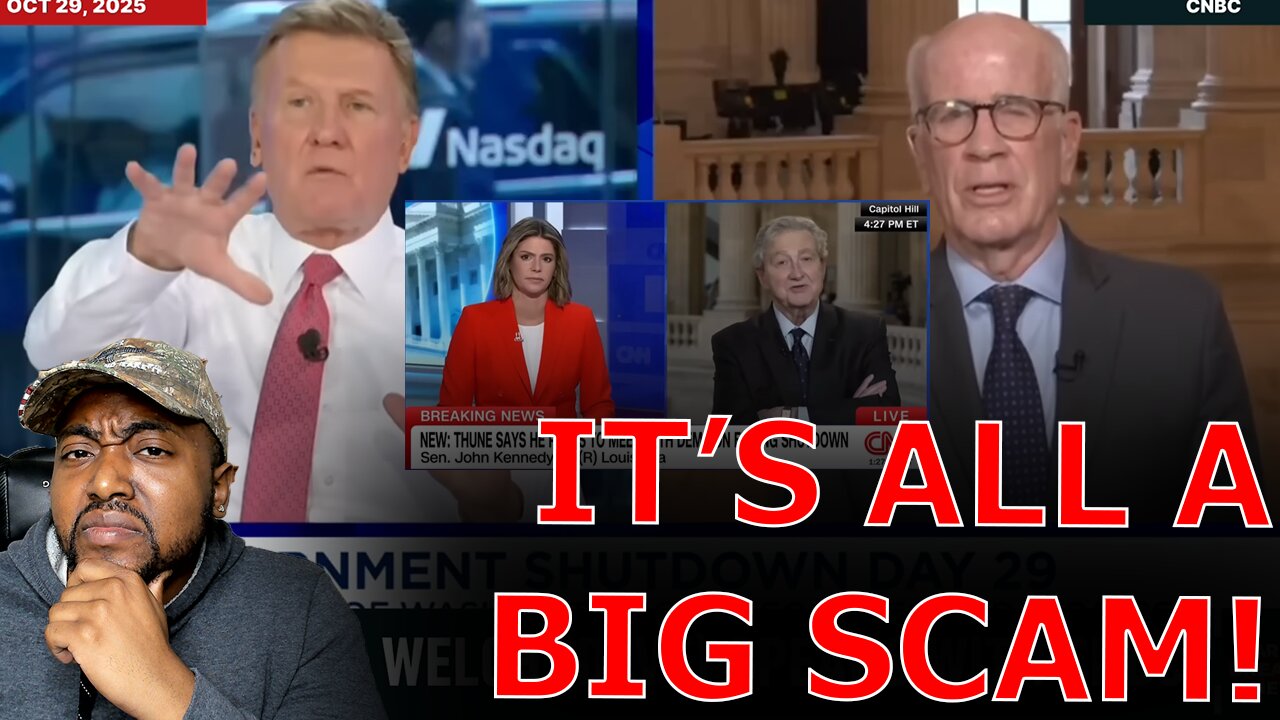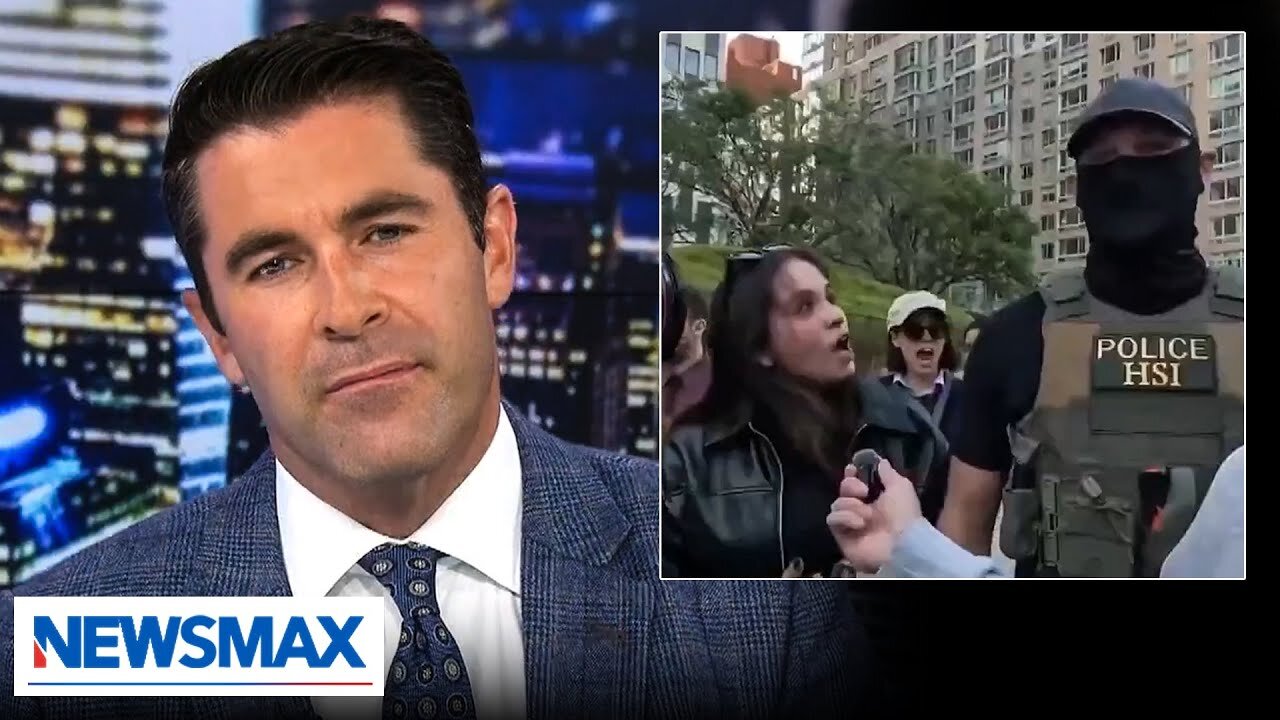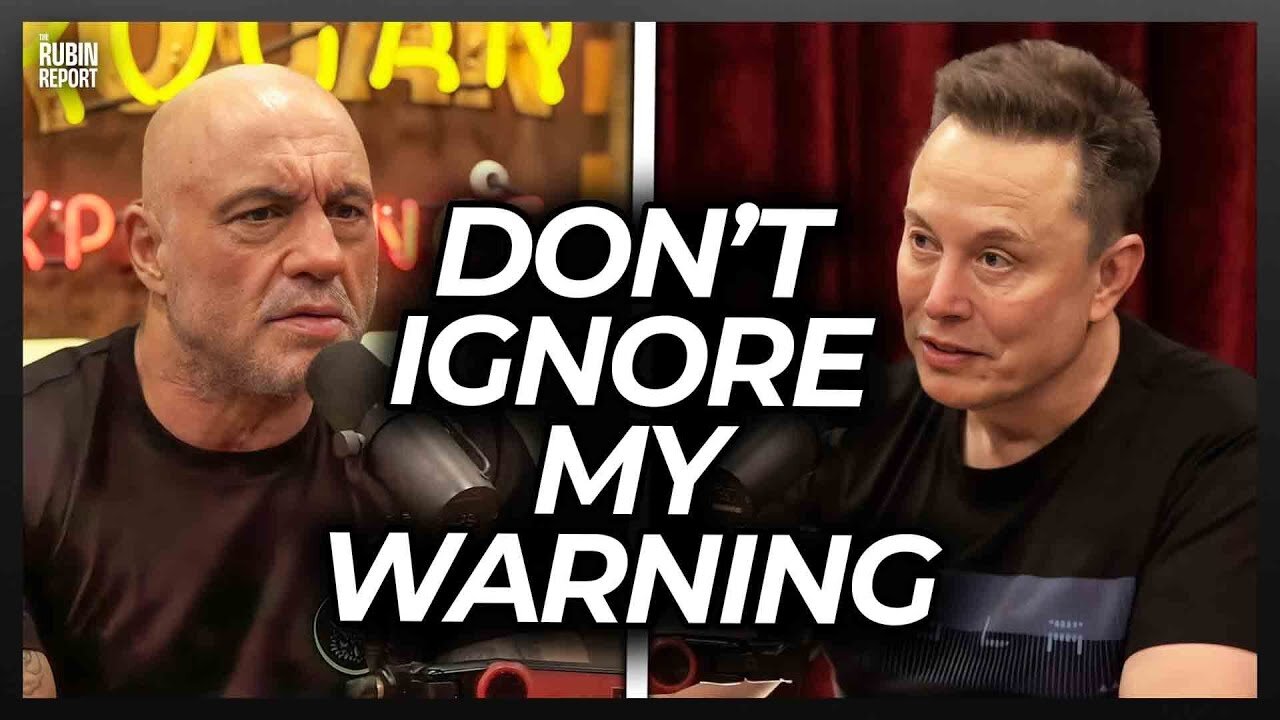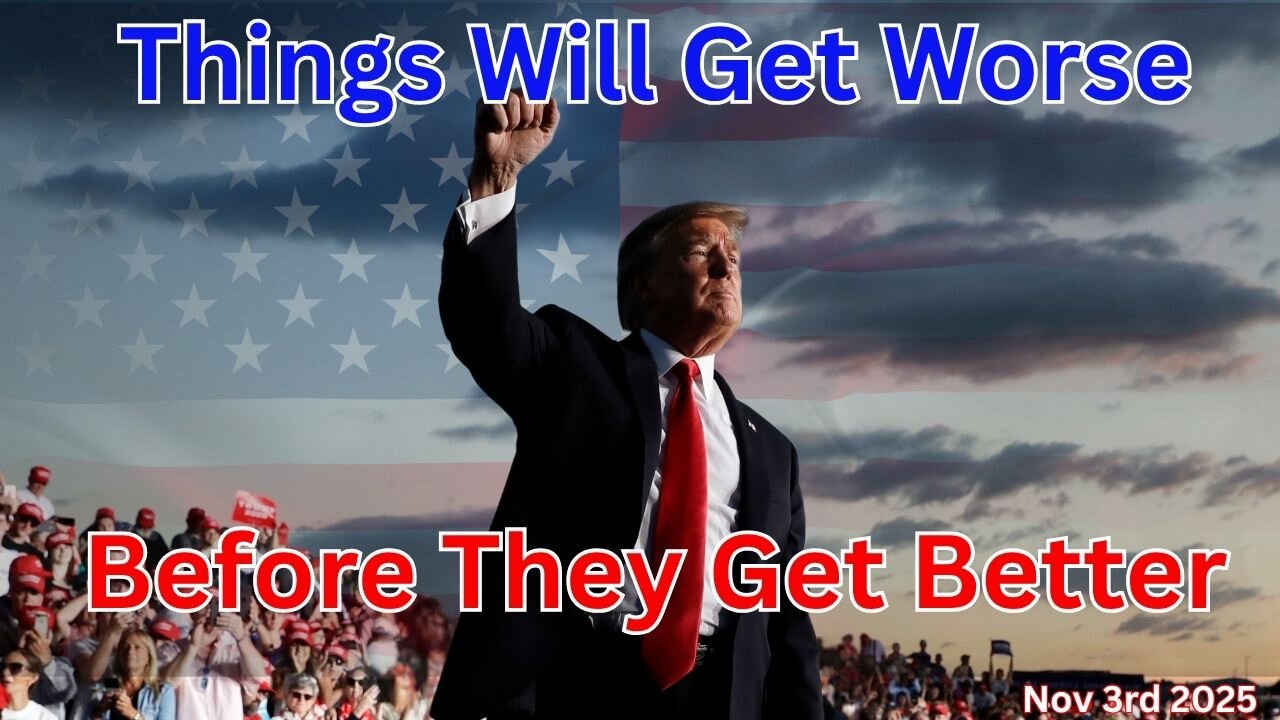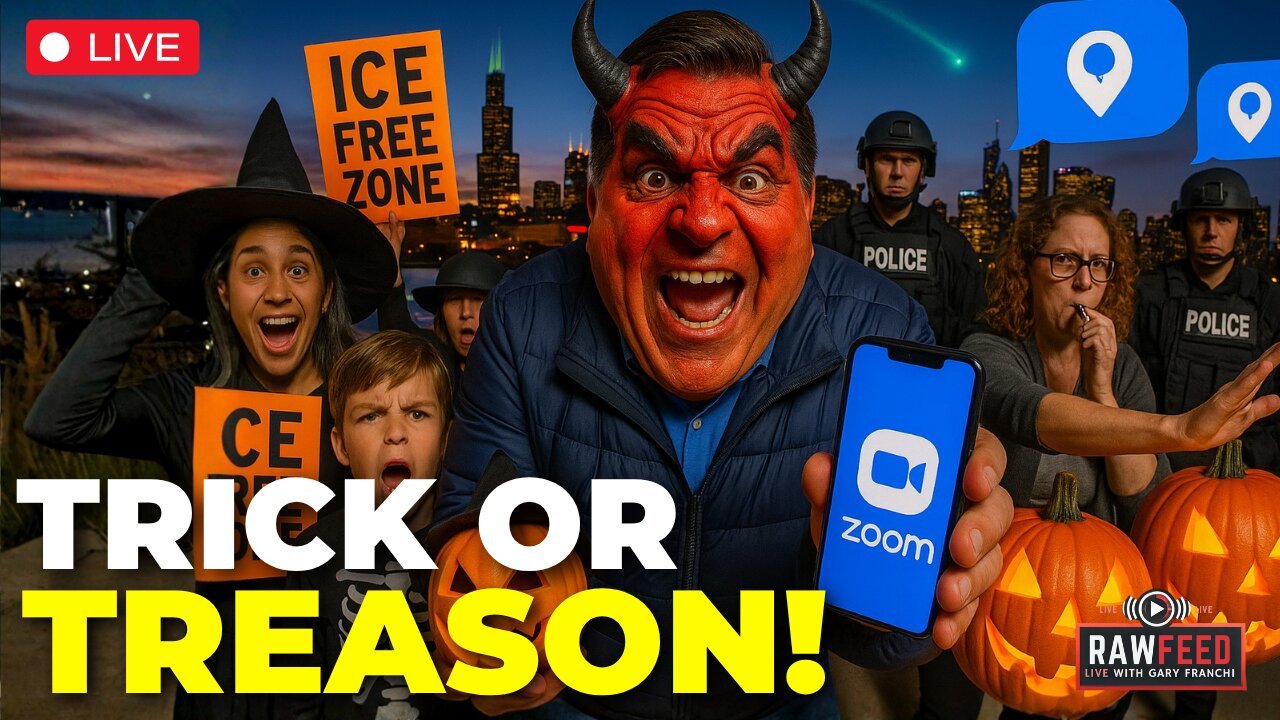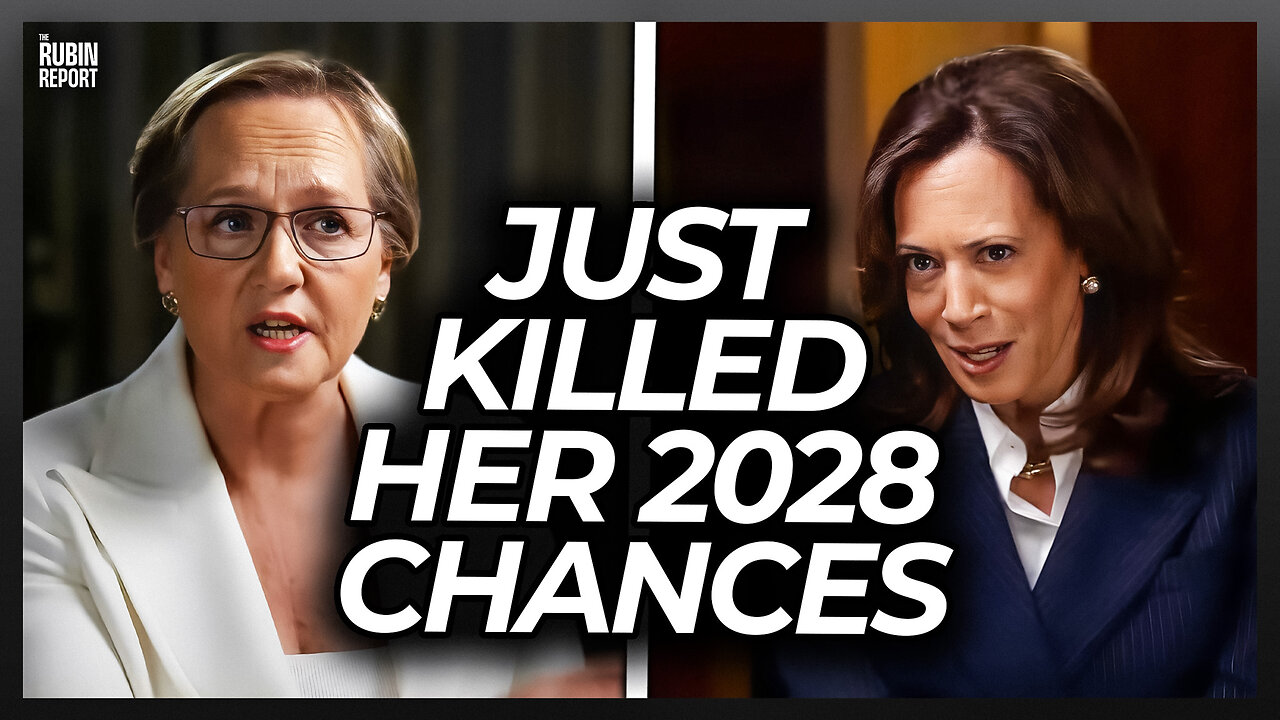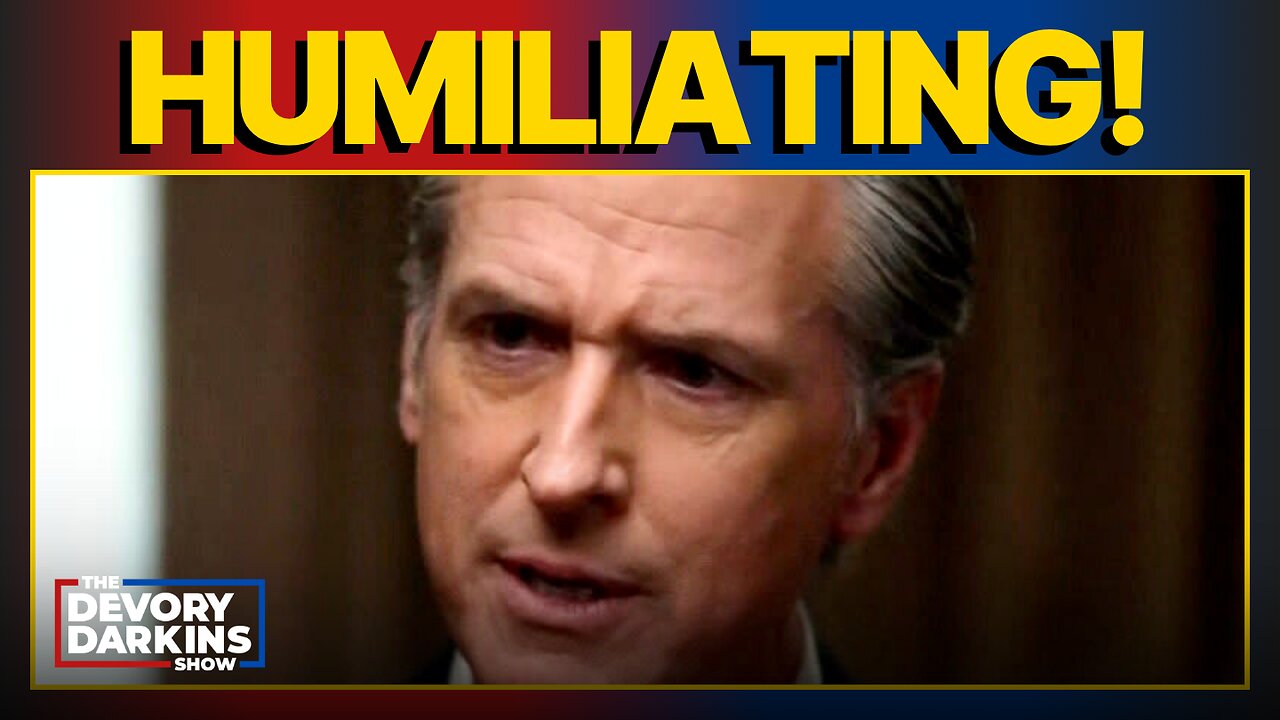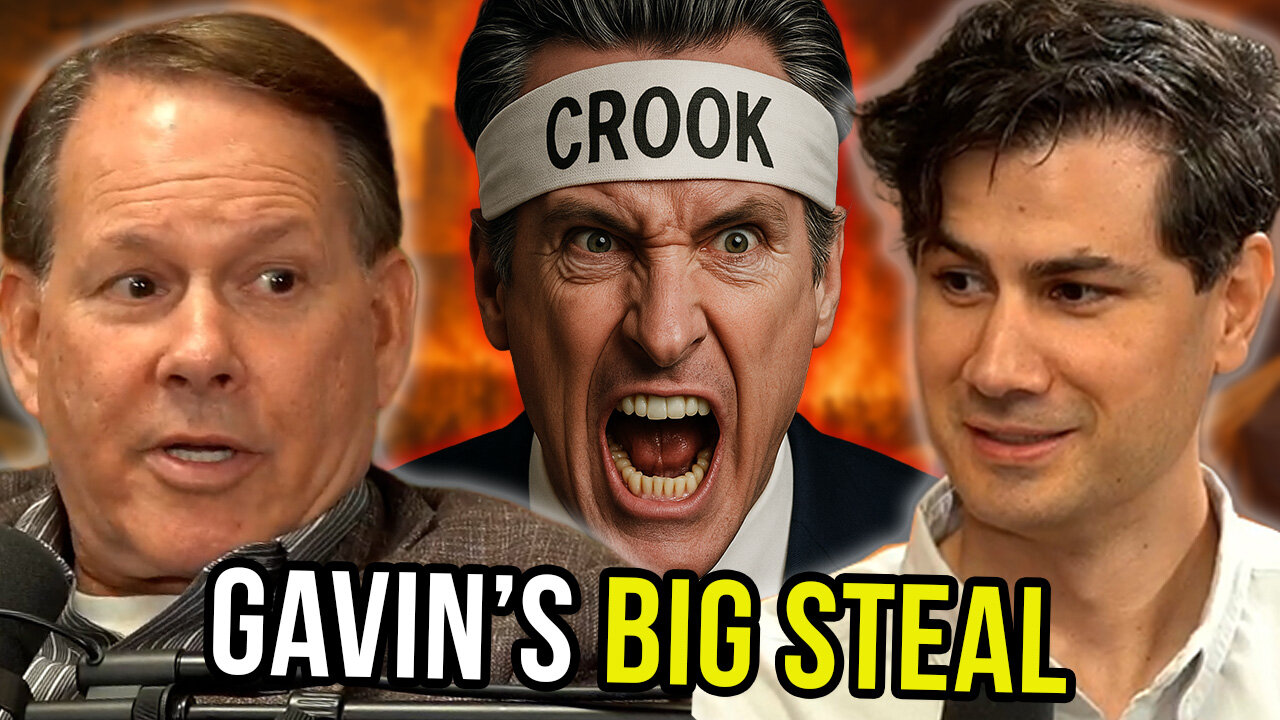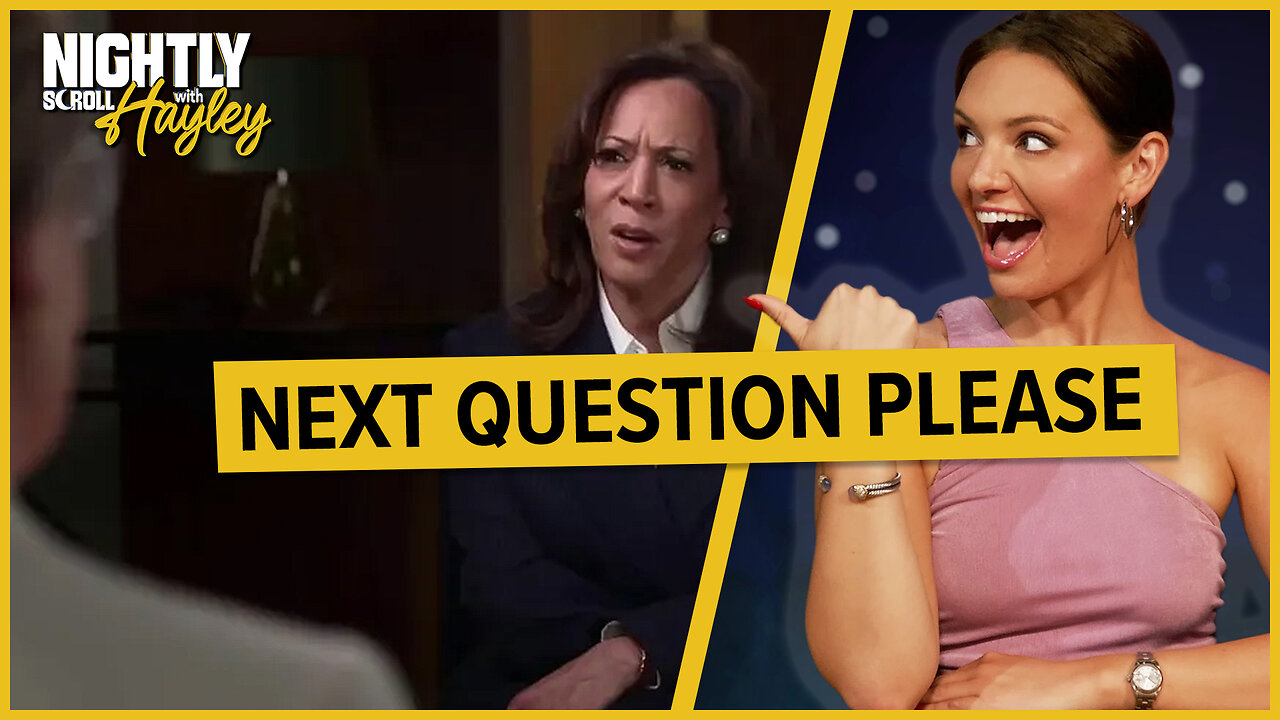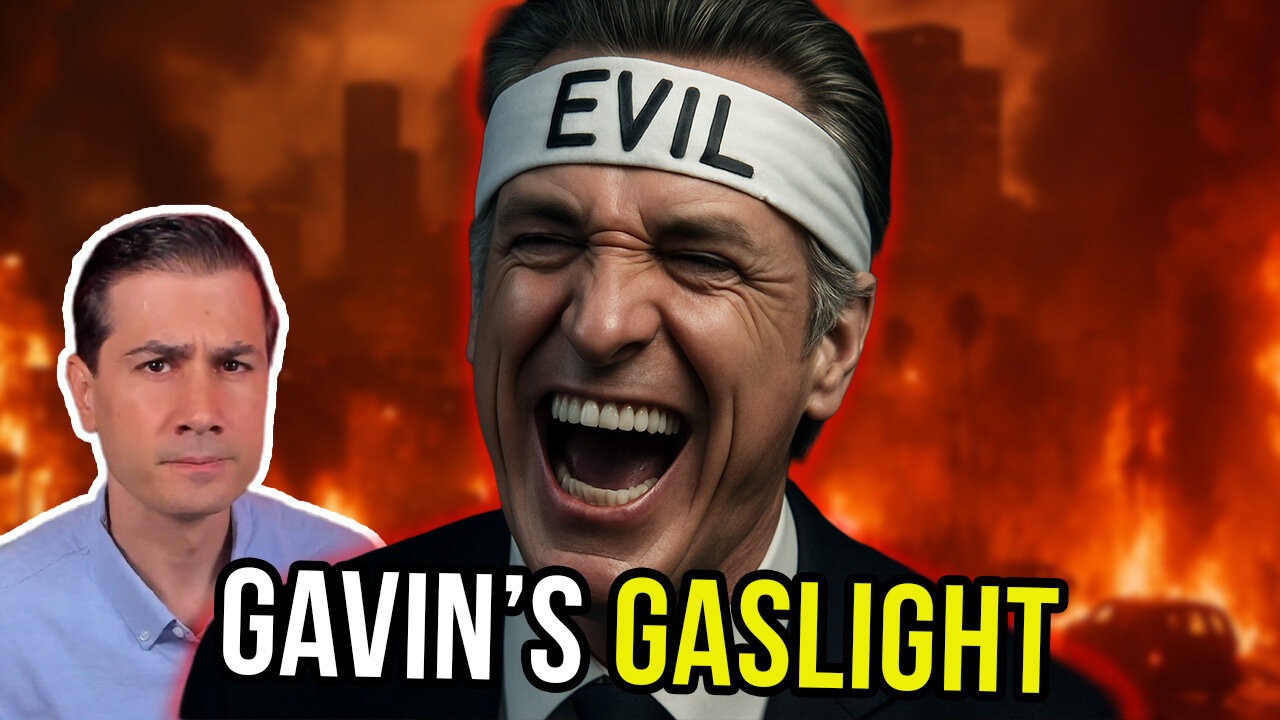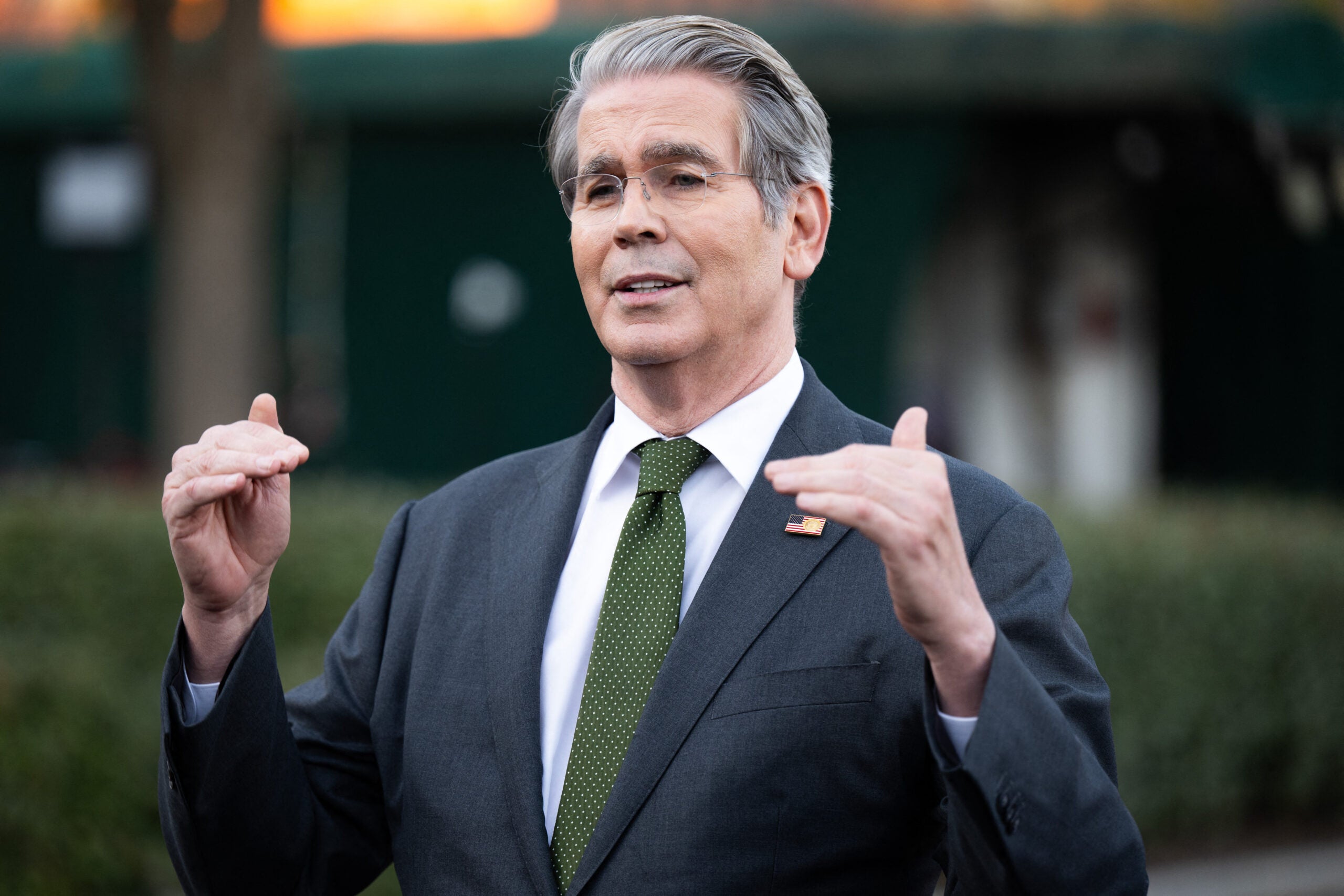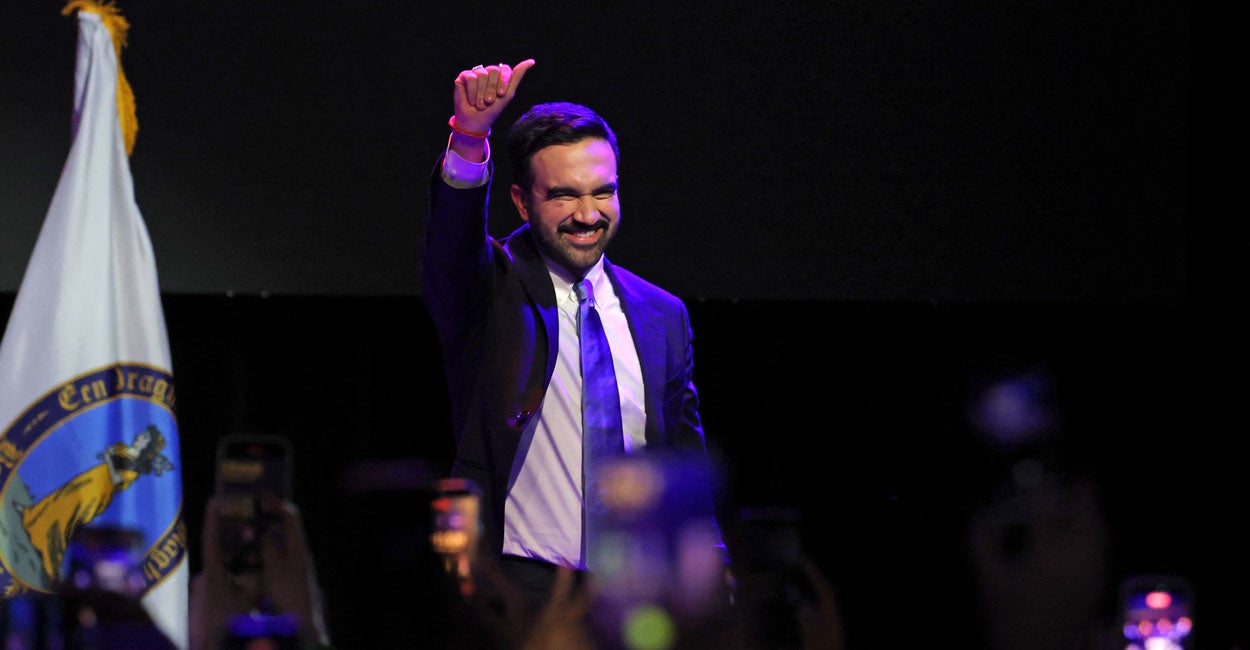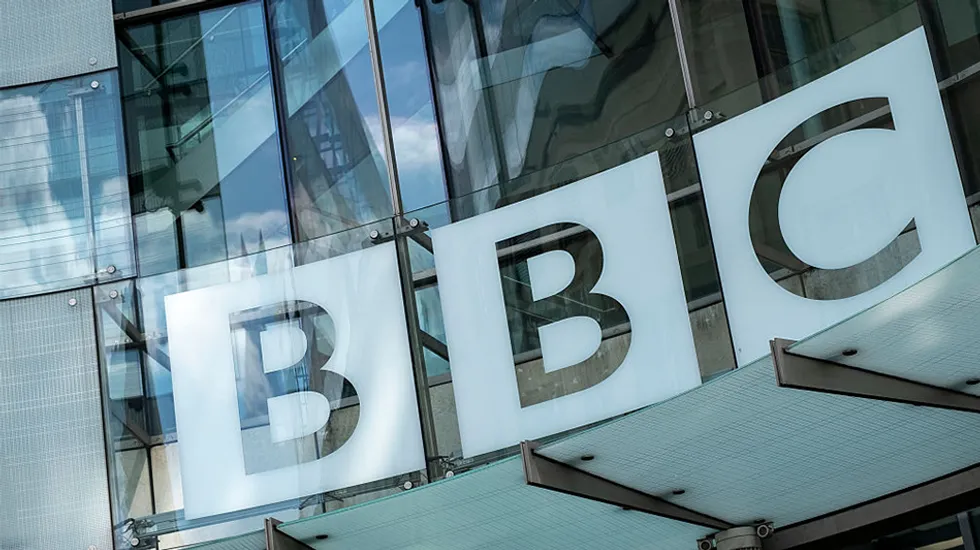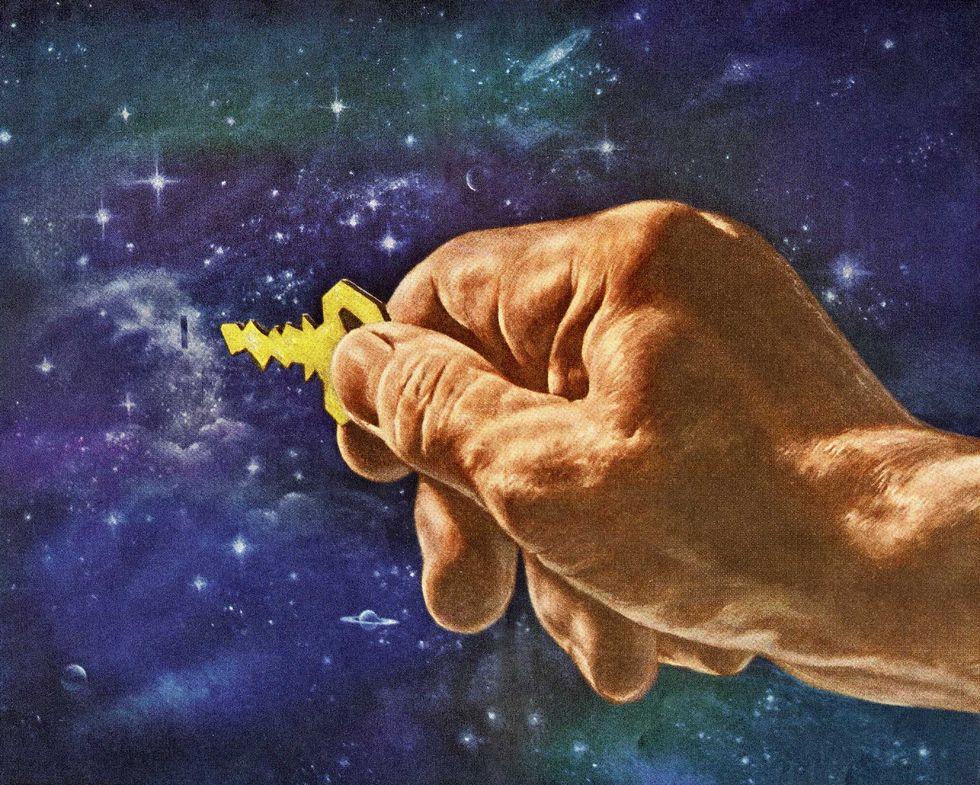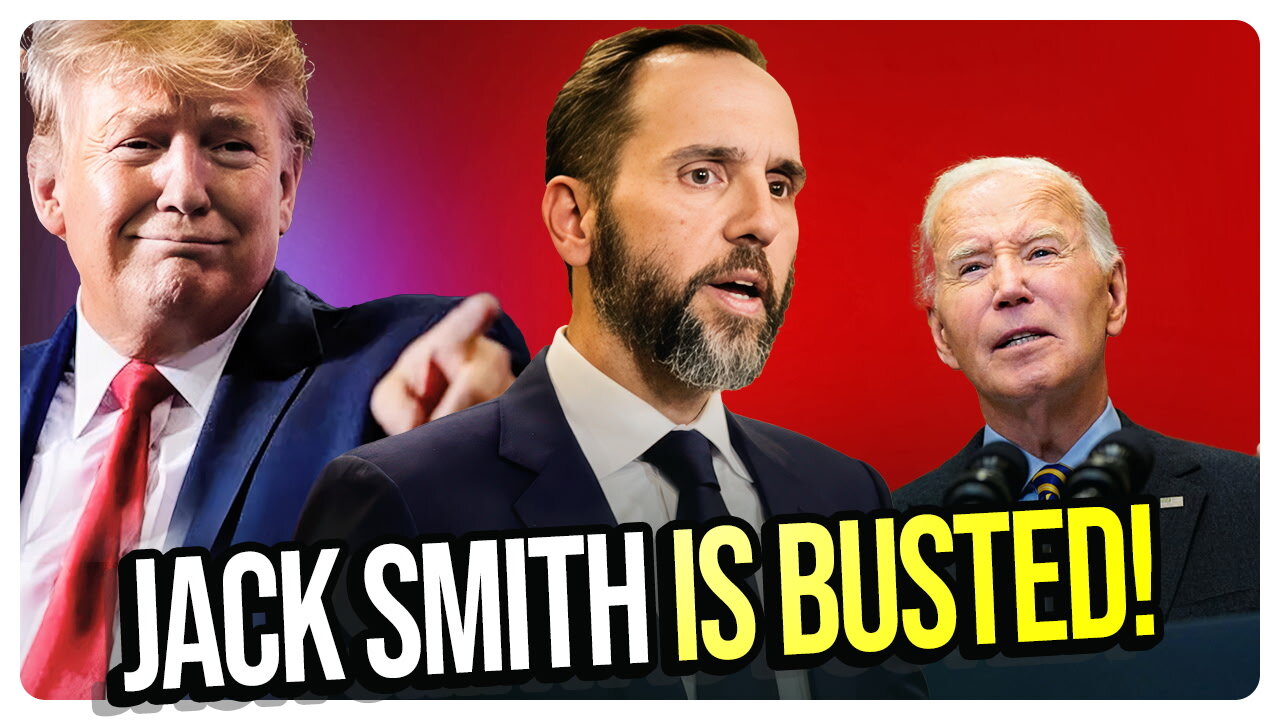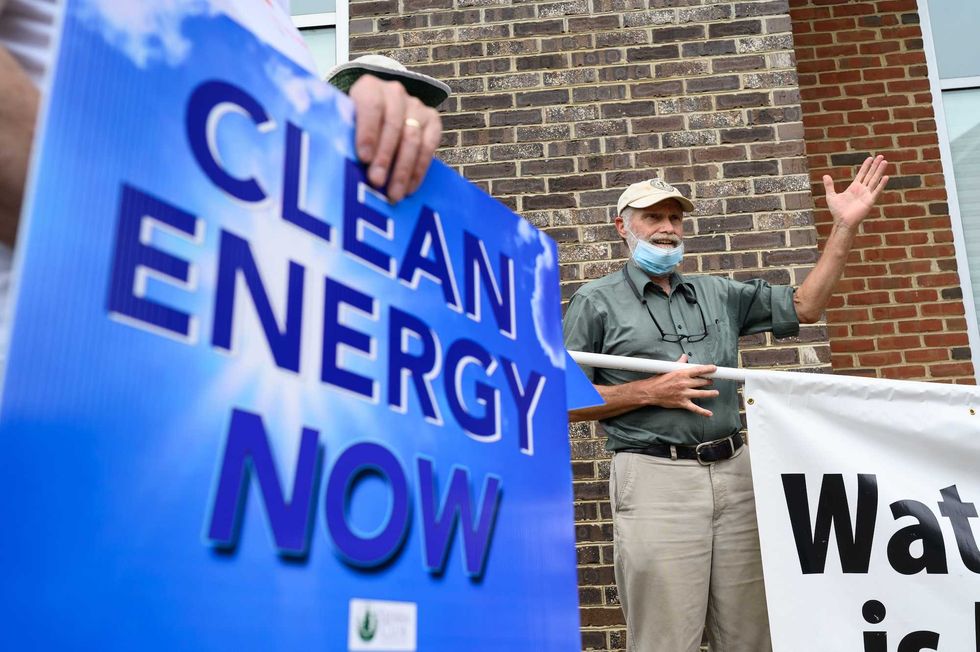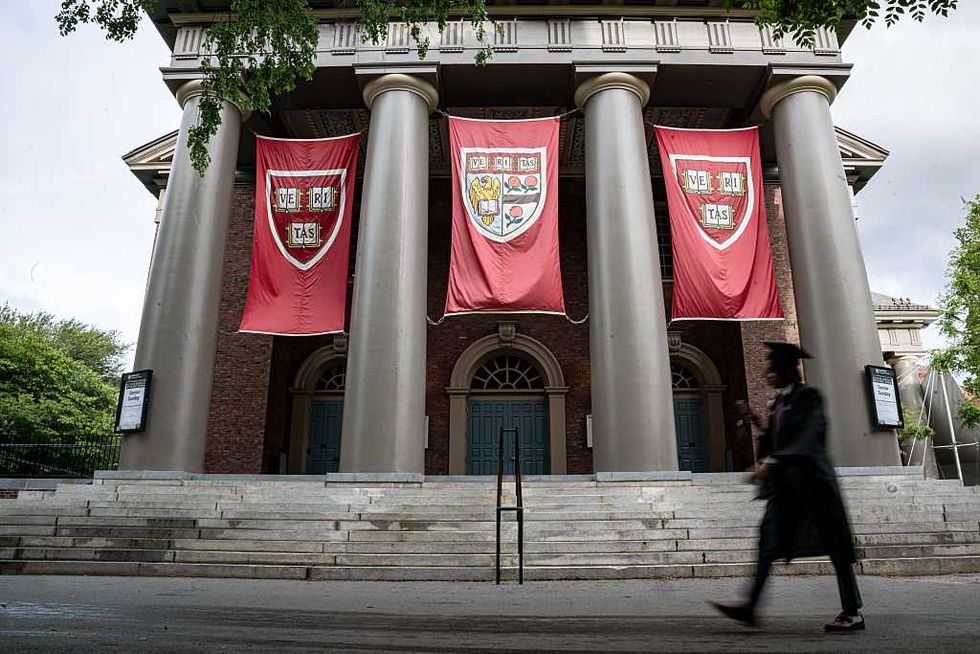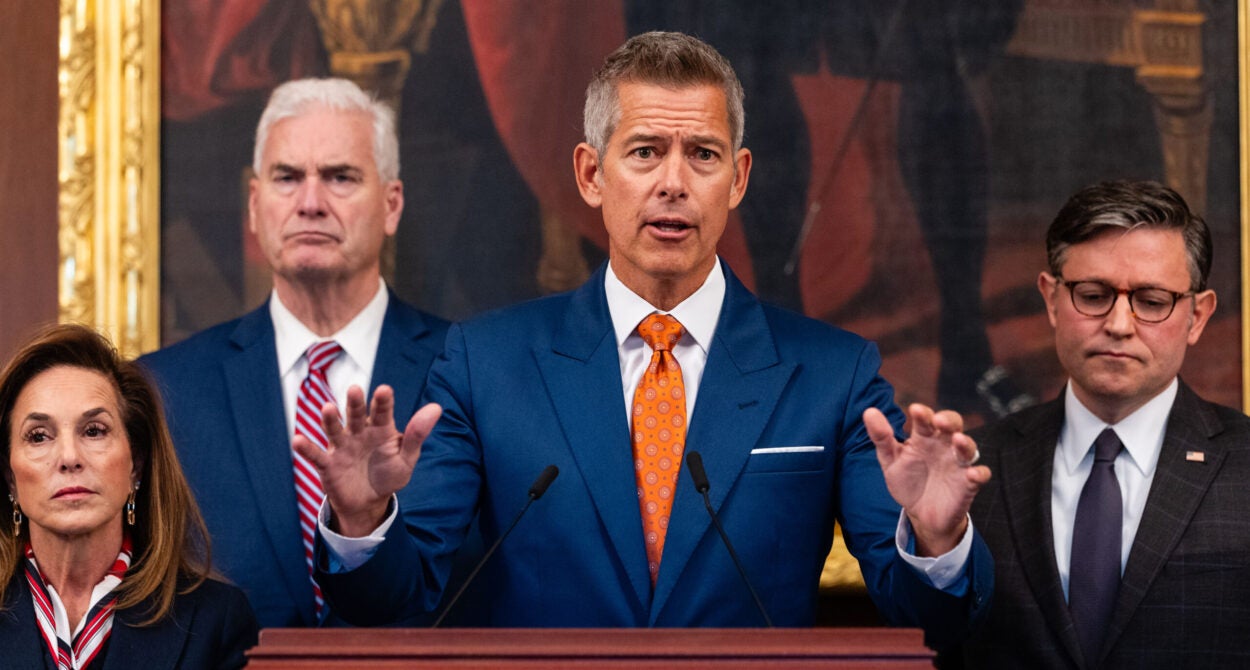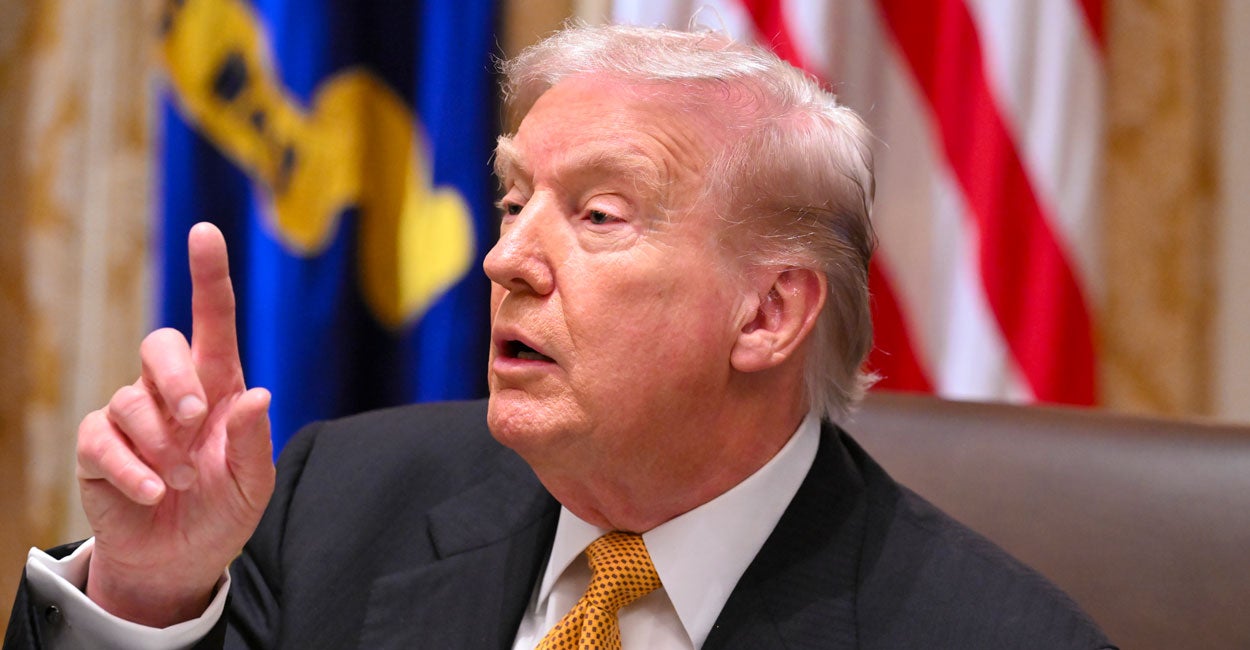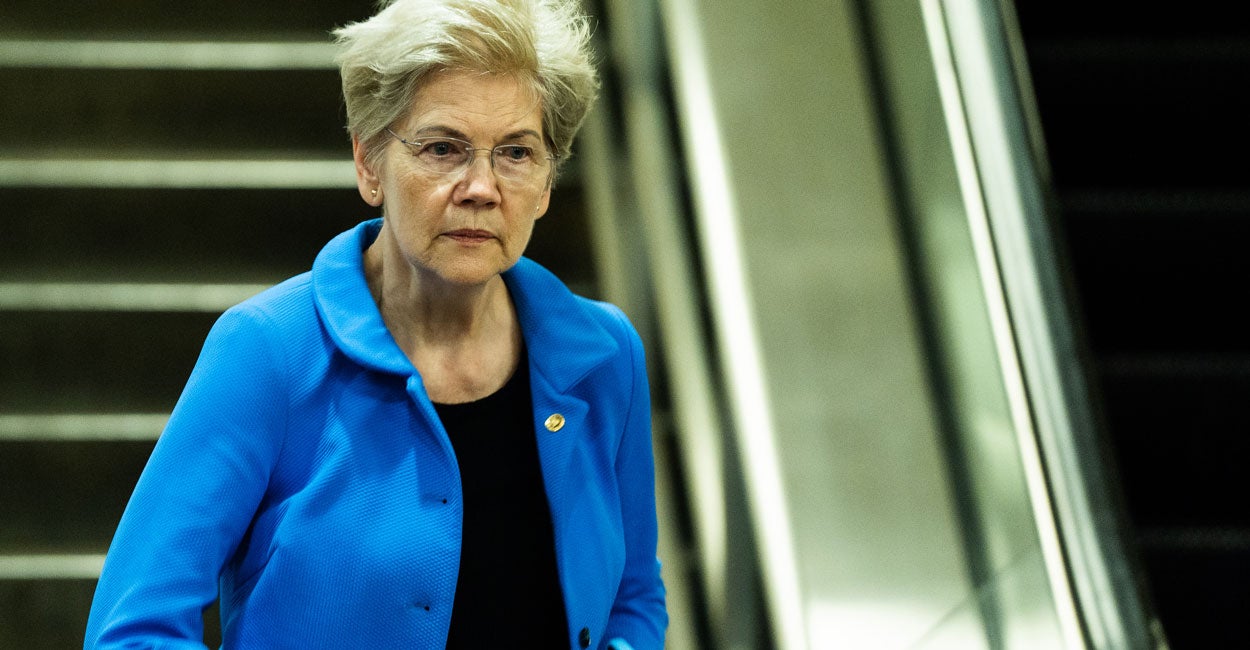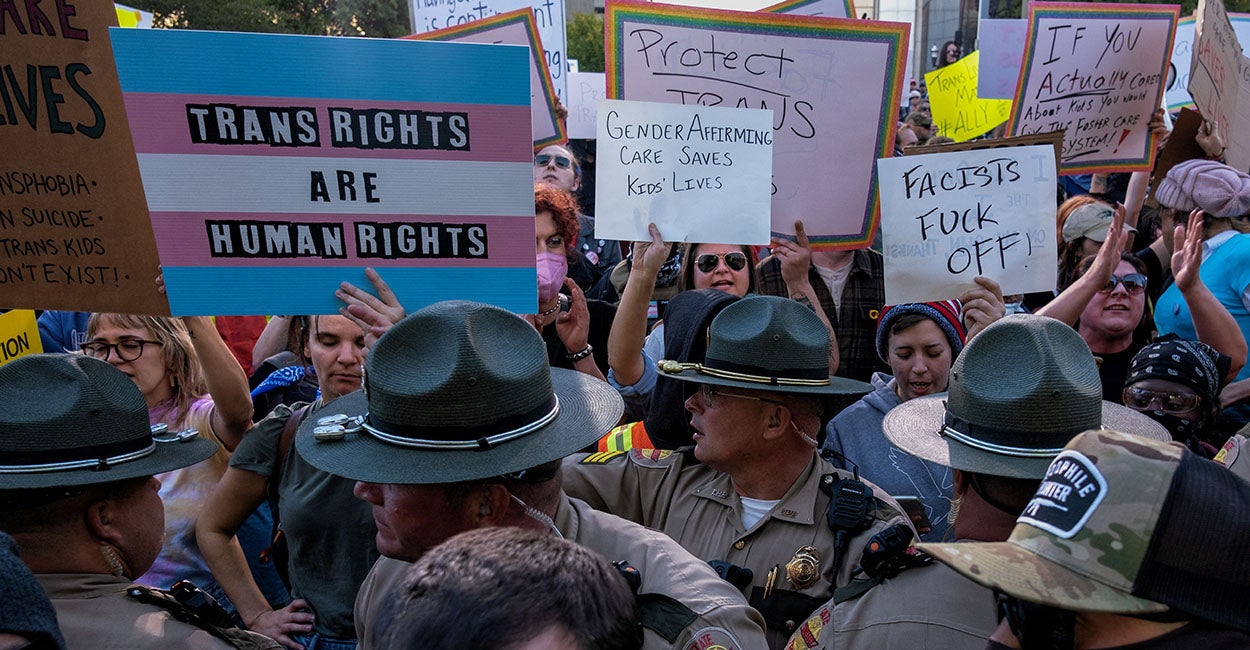Segregated Graduations Raise Concerns UVA Not Dismantling DEI

The University of Virginia was supposed to have dismantled its diversity, equity, and inclusion initiatives by now. Two weeks ago, amid accusations that the university had simply renamed many of the DEI offices but not closed them, the U.S. Department of Education asked it to present proof of compliance by May 30.
But one must wonder if its offering of segregated graduations this coming week, as reported by the Jefferson Council via X, belies the university’s insistence that it is working on compliance.
I will assume that we can all recall Martin Luther King Jr.’s famous words, “I have a dream that my four little children will one day live in a nation where they will not be judged by the color of their skin but by the content of their character.”
King came to UVA in 1963 and told the students: “If democracy is to live, segregation must die.” But that’s segregation by law. What if racial, ethnic, or “sexual” minorities are convinced to “self-segregate” today?
In 2019, TheCollegeFix.com reported that as many as 75 American universities held “blacks only” graduation ceremonies. Sixty years ago, “blacks only” was viewed by most as the height of racism. How did we backslide so fast?
Here in Virginia, we are cuter about the how the University of Virginia packages the self-segregation. Its 2025 Final Exercises this week will include “Recognition Ceremonies” for specific target populations.
For example, “The Lavender Ceremony” will be held for students who are sexually oriented either L,G,B,T or Q. While the UVA Multicultural Center will host a special ceremony for “graduating students served by our office.”
That is an interesting turn of a phrase, because that office came under fire in February of 2020 when a student was caught on video saying, “If y’all didn’t know, this a [Multicultural Student Center], and frankly, there’s just too many white people.”
So much for “multi.”
The “Father” of the University of Virginia, Thomas Jefferson, argued in his “Notes on the State of Virginia” that the reconciliation of the freed slaves would have to include the creation of some parallel source of economic power that they had been denied through their enslavement. He warned that without that access to an economy, “Deep-rooted prejudices entertained by the whites; ten thousand recollections by the blacks of the injuries they have sustained; new provocations; the real distinctions which nature has made; and many other circumstances will divide us into parties and produce convulsions, which will probably never end but in the extermination of the one or the other race.”
W.E.B DuBois extrapolated the class conflict in Karl Marx’s writings to a racial conflict, introducing the concept of the “psychological wage” of whiteness, showing how white workers were granted social privileges to keep them from aligning with black workers.
While the nation today struggles economically as a whole, the poorer and less ethnically diverse inner cities have less cushion for the landing. Currently, 19.8% of the population in Richmond lives below the poverty level, which translates to approximately 42,800 out of 216,000 people, and 25% of those 42,800 residents are black. So, DuBois’ premise becomes harder for some black people to deny, feeding the “social justice” movement from which this self-segregation is one manifestation.
However, where lower barriers to business creation exist, including less regulation over the marketplace and less onerous taxation on businesses, the numbers for those in poverty are down, especially in urban areas. Take Florida, which has experienced an 11% decline in unemployment, and cities like Miami, which has one of the nation’s most vibrant small business economies.
According to statistics published by the St. Louis Federal Reserve, the region’s gross domestic product went up 41% just since 2020, and much of that has been driven by communities that the Left still categorizes as “marginalized.”
When one looks past the … well, the past … it becomes more apparent what might have perpetuated the “marginalization” and what might most easily be able to stop it: The government.
Under the banner of “tolerance” (albeit false tolerance), the halls of academia at the one university that was created to open up higher education to all—not only the wealthy, not only the white—has fallen prey to the warning that King made: “Returning hate for hate multiplies hate, adding deeper darkness to a night already devoid of stars. Darkness cannot drive out darkness; only light can do that. Hate cannot drive out hate; only love can do that.”
The post Segregated Graduations Raise Concerns UVA Not Dismantling DEI appeared first on The Daily Signal.
Originally Published at Daily Wire, Daily Signal, or The Blaze
What's Your Reaction?
 Like
0
Like
0
 Dislike
0
Dislike
0
 Love
0
Love
0
 Funny
0
Funny
0
 Angry
0
Angry
0
 Sad
0
Sad
0
 Wow
0
Wow
0
